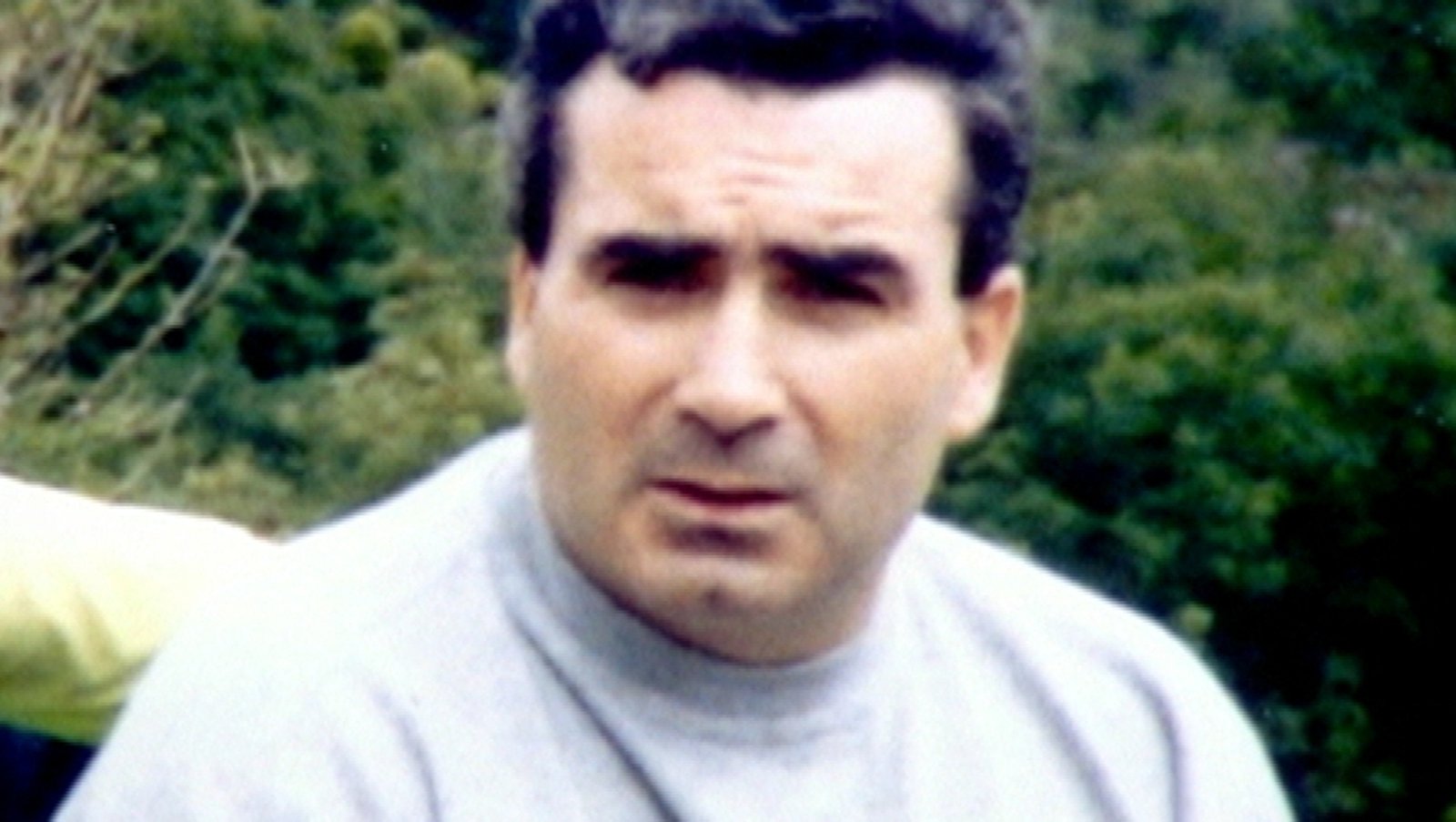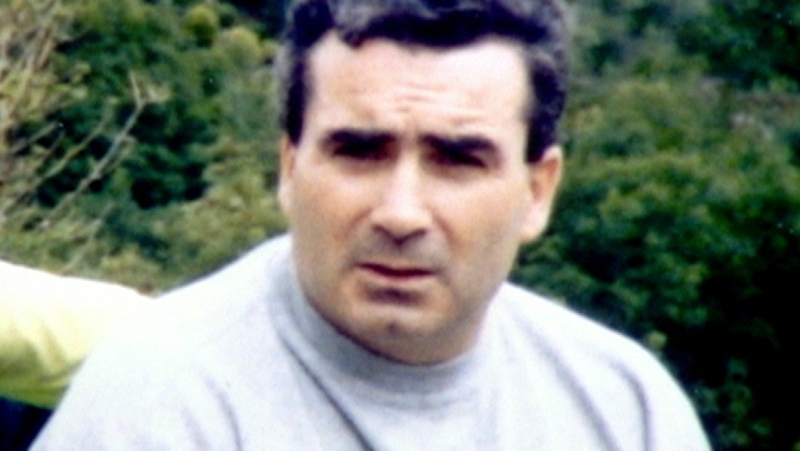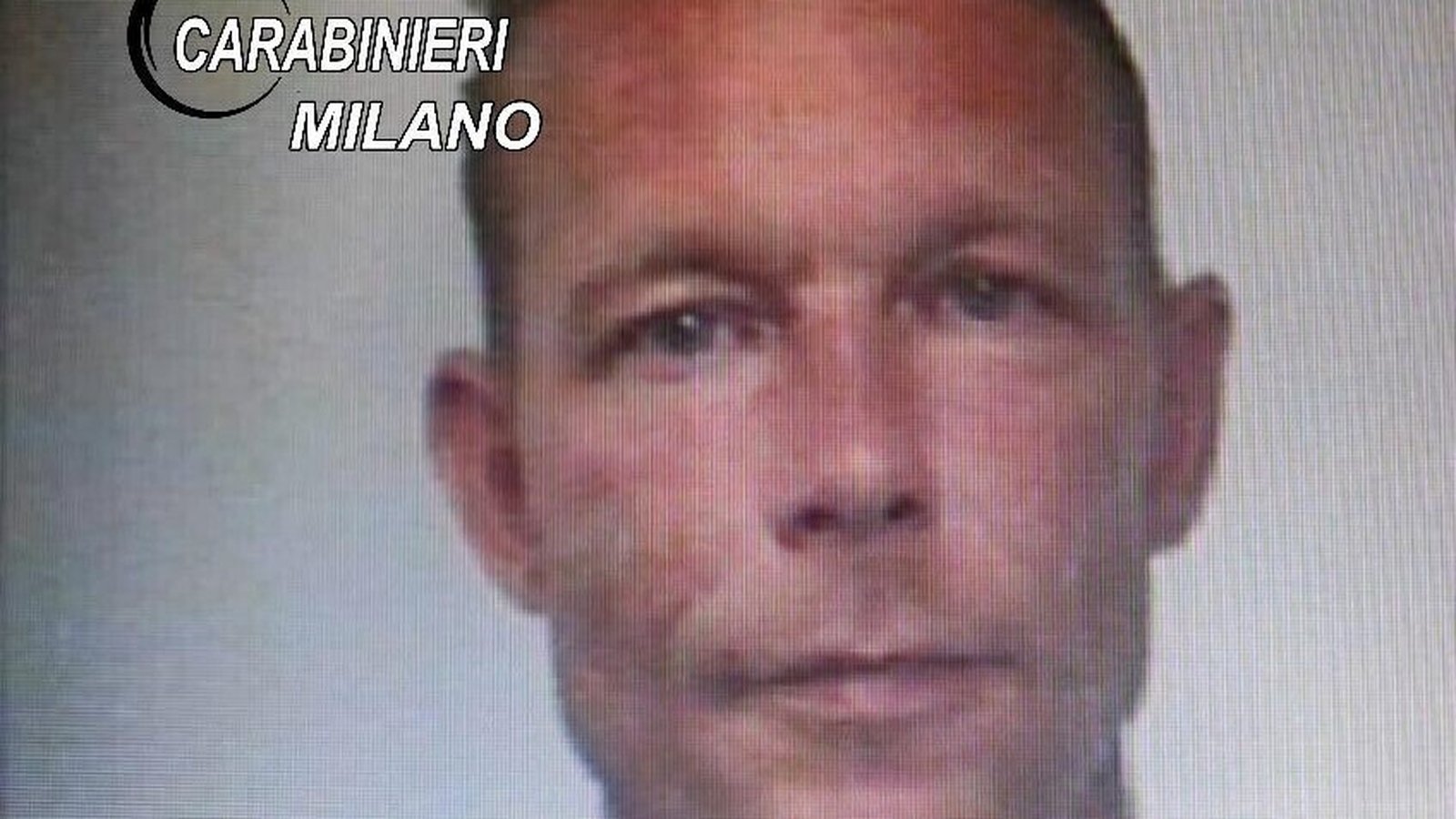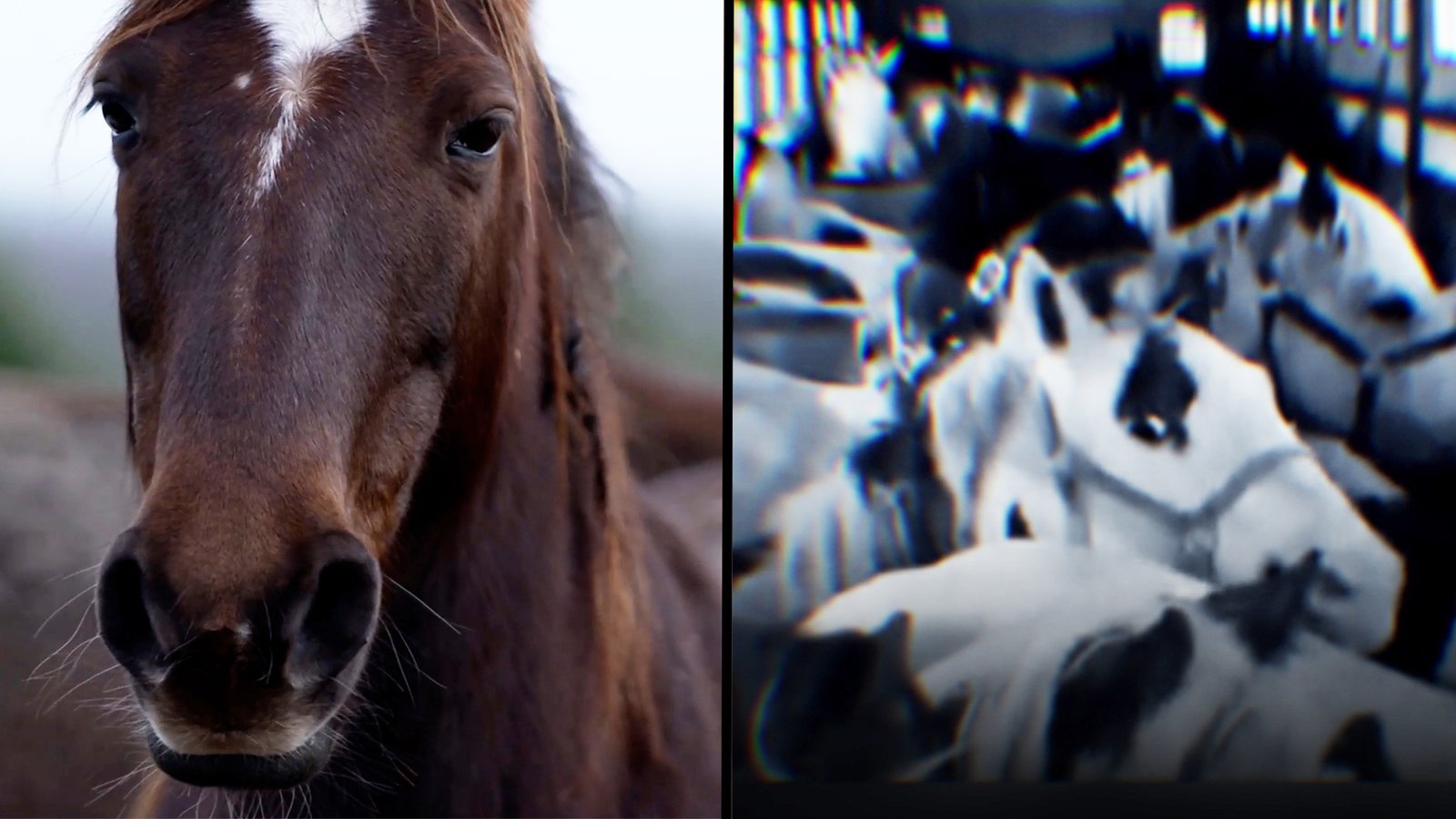No prosecutions over 4 IRA murders linked to ‘Stakeknife’


There will be no prosecutions in respect of four IRA murders in the early eighties linked to the activities of a British army agent known as Stakeknife, Northern Ireland’s public prosecution service has decided.
The Public Prosecution Service had considered evidence files containing allegations against two former British Army agent handlers and two former IRA members.
They had been reported for a prosecutorial decision by Operation Kenova, which is looking into the activities of a former British Army double agent known as Stakeknife widely believed to be Belfast republican Freddie Scappaticci.
Mr Scappaticci fled Belfast after he was publicly accused of being an agent and later died in England.
The four individuals were considered for prosecution in relation to 10 incidents in the early 1980s including four murders.
In each case it was decided that there was “insufficient evidence to provide a reasonable prospect of conviction.”
Stephen Herron, Northern Ireland’s Director of Public Prosecution said the families of the victims and others caught up in a litany of crimes under consideration had been given detailed written explanations for the no prosecution decision.
“Prosecutors again faced significant challenges when considering the use of intelligence records as evidence in criminal proceedings and particularly when original source materials were no longer available,” he said.
The main allegations against the army handlers was that they handled an agent in the IRA’s so called Internal Security Unit, also known as the Nutting Squad, who they knew was involved in criminality and they did not seek to mitigate the risks.
“The priority of the handlers was the welfare of the source to the detriment of the safety of others and they failed to take appropriate preventative action in the above cases,” an accompanying explanatory document from the PPS stated.
The incidents covered included the murder of a victim in 1981; the abduction and murder of a second victim the same year; the abduction and murder of a victim in 1982 and the abduction of two victims in 1984 – one of whom was murdered and the other released.
Files were also submitted in relation to a number of other kidnappings or conspiracy to kidnap and a number of cases where people who had been snatched, were subjected to so-called punishment shootings.
The prosecution service has received 28 files from the Operation Kenova investigation team so far.
Ten of them were discontinued in 2023 after the death of a suspect, widely believed to be Mr Scappaticci.
Last December the PPS also decided not to prosecute 15 individuals – eight civilians, a police officer and six British soldiers – in relation to three murders and other crimes.
A further six files relating to Operation Kenova investigation remain under active consideration.
So far the inquiry has not resulted in any prosecutions. It has cost more than £37m.
The PSNI is due to publish the interim Operation Kenova report on 8 March.




